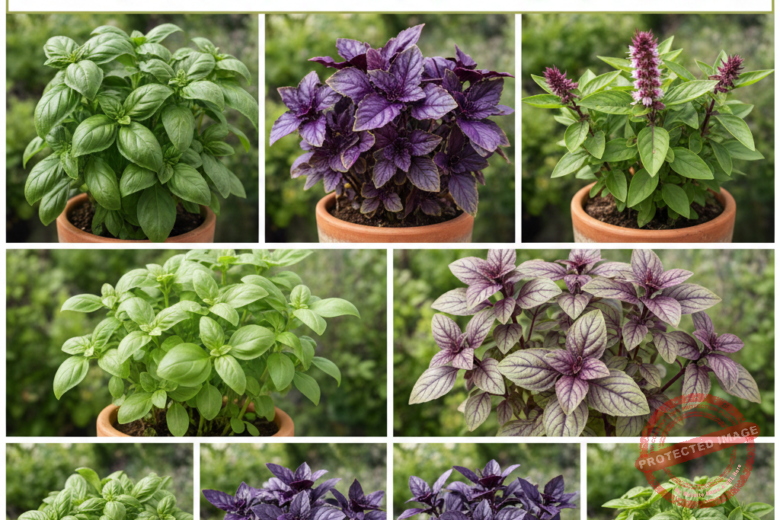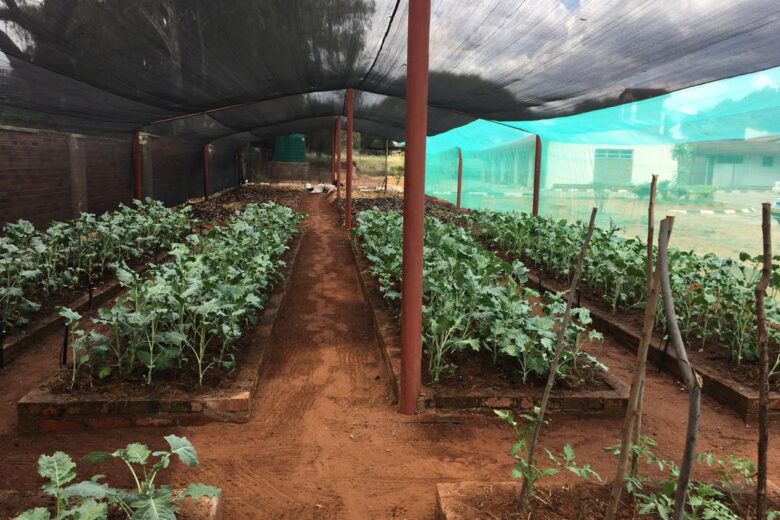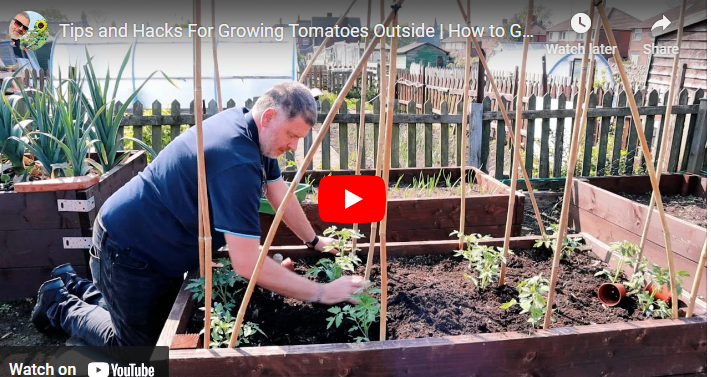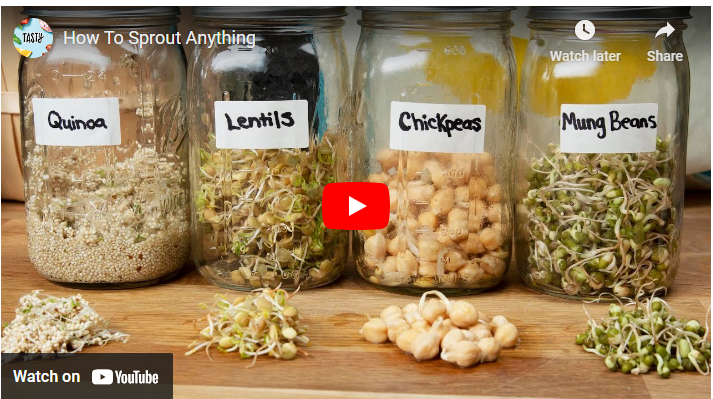Farming in Botswana is a profitable enterprise to venture in. The agricultural sector remains minimally untapped giving room for as many as desire to go into farming to start now.
As you begin, you might find out that farming in this country is one of the easiest and most profitable businesses to pursue in Botswana.
However, before you begin, it is important to make your findings before venturing into farming, so reading this material is a step in that direction.
You might be wondering how to start farming in Botswana, the steps are preparing a business plan, a source for funding, acquiring skills if you have to, obtaining farmland, farmland preparation, planting, irrigation, mulching, weeding, and pest control, fertilizer application
How To Start Farming In Botswana Step By Step Guide
Farming requires dedication and discipline to thrive besides resources and funding. To start your farming activities, below are vital steps that you consider and follow in succession.
Read Also: How To Start Farming In Malawi [Beginners Guide]
Step 1: Prepare Business Plan
For starters, you have to prepare a business plan outlining your plans on how to start and run the farm. Also, the business plan will help you apply to financial institutions for funding for start-ups.
Step 2: Source for Funding
One of the reasons to begin farming in Botswana is the untapped opportunities available in the agriculture and agro-processing sector where there are also many funding opportunities.
That is why you should take advantage of this provision to secure funding that will help you start a successful farming business and operate the business for a long time.
Read Also: [Beginners Guide] How To Start Farming In Cabo Verde
Step 3: Acquire Skills if You have to
There are skills required to run a successful farm so that you won’t start and end the business in quick succession. So, if you didn’t grow up on a farm or have never had a hands-on farm experience, you have to acquire farming knowledge and skill by visiting expert farmers for this purpose.
Read Also: How to Start Farming in Egypt [Beginners Guide]
Step 4: Obtain a Farmland
You need to get farmland in a suitable location where farming activities can be carried out as they ought to. You can choose to buy the land if you have the resources or rent the land.
Also, consider factors like soil contents, temperature, and proximity to the target market before you settle for particular farmland.
Step 5: Farmland Preparation
The acquired farmland should be prepared for farming activities. To perform the task of land preparation, you have to till the farmland using a plow or simple farm tools.
You have to level the land and spray the farmland using herbicides and pesticides to kill unwanted plants and insects. Also, you have to make heaps on the farmland where you will plant your crop seedlings.
Step 6: Planting
The purchased seedlings should be planted on the prepared farm beds where the germination process will take place. Remember you have to water the farm bed before planting. Also, the ideal time to plant your seedlings is early morning or late evening.
Read Also: How to Start Farming in Tunisia [Complete Beginners Guide]
Step 7: Irrigation
Plants need water to grow from germination to the fruiting stage. You need to make a provision through which plants will be watered.
That is why you should make irrigation channels through which the seed beds will be watered.
Step 8: Mulching
You have to devise means to help the soil retain moisture and as well prevent the plants been exposed to excess sunlight. That is why mulching is important. The process involves using dry grass and weeds to cover the seed beds.
Step 9: Weeding and Pest Control
Weeding is an important activity that involves removing unwanted plants contesting for space and nutrients with edible plants.
You can spray herbicides that are not harmful to the edible plant in the case of large-scale farming to kill the weeds, and also spray pesticides to kill and drive away insects/pests from the farm.
Step 10: Fertilizer Application
Fertilizer application is a necessity to ensure that soil nutrients are replenished for continuous provision of plant nutrients to crop plants to increase the supply from natural sources. This consists of applying nutrient-containing materials.
Read Also: How To Start Farming In Lesotho [Beginners Guide]
Does Botswana Have Good Farmland?
The majority of farmland in Botswana is semi-arid with low soil fertility. This often results in very low agricultural production in the country. This shows that good farmland in the country is very limited.
What Are The Problems Faced By Farmers In Botswana?
Agricultural activities in Botswana are faced with a series of challenges making the venture more tasking than normal for most farmers. Some of the problems faced by farmers in this country are:
- Market accessibility
- Low farmable land area
- Harsh weather condition
- Unreliable and low rainfall
- Lack of farm mechanization
The above-mentioned problems are the major problems faced by farmers in Botswana and steps are taken to help curb the problem and improve farming activities.
Which Vegetables Are In Demand In Botswana?
The vegetables considered to be in high demand in Botswana are tomatoes, potatoes, cabbages, carrots, beetroots, and green pepper.
What Crops Does Botswana Grow?
Those that intend to venture into farming in Botswana should consider planting crops that are in high demand in the country. So, the main crops grown in Botswana are sorghum, maize, millet, beans, and groundnuts.
Can Foreigners Buy Agricultural Land In Botswana?
Foreigners can buy agricultural land in Botswana to carry out their farming ventures. However, certain conditions ought to be met so that they will not be penalized. These are;
- Provide Proof Of Residence
- Copy of a valid National Identity Card (Omang) for citizens.
- Provide a land rights certificate either for leased or allocated land issued by the Land board Authorities.
- A well-prepared business plans
- Provide a land assessment report issued by relevant departments.
Note that, foreigners can only buy lands in Botswana that are freehold because tribal and state-held lands cannot be sold to foreigners.
Who Owns The Most Land In Botswana?
Purchasing land in Botswana can be tasking because of how the lands are owned in the country. 70% of the land in Botswana is tribal land, 25% of the land is owned by the state, and 5% is privately owned.
Which System Of Agriculture Is Commonly Practiced In Botswana?
Agricultural practice in Botswana covers both crops and livestock farming. however, the major system of agricultural practice in the country is Traditional farming. This system of farming is the application of native farming knowledge, traditional tools, natural resources, organic fertilizers, and cultural beliefs.
Traditional farming is predominantly practiced in the country because most of the farmers reside in rural areas considered to be the poorest part of the country with limited resources and wealth.
How Many Types Of Farming Are There?
As we have mentioned throughout our discussion in this material, there are two main types of farming namely commercial farming and subsistence farming.
How Many Cows Are In Botswana?
Cattle grazing is a popular venture in Botswana and it is commonly practiced in rural areas. As such the number of cows that are in Botswana as of the time of this writing is estimated to be around 1.5 million cows.
Can A Foreigner Buy A House In Botswana?
A foreigner can buy a house in Botswana that is if the house is built on a private or freehold land. The areas where foreigners can buy a house are mostly urban areas like Gaborone, Phakalane, Lobatse, and Francistown. Houses can be bought also in areas that are outside the tribal regions.
Note that, it is illegal to purchase unimproved land or plot in Botswana except if the land is a freehold property.
How Much Does A Cow Cost In Botswana?
The average cost of a cow in Botswana is US$ 1641 (BWP 20079.73) typically in Francistown and Gaborone.
Is Botswana Food Secure?
Botswana is food secure and the country is considered to be one of the most advanced countries in all of sub-Saharan Africa and has a global food security index that is more than 50%.
Why Is Agriculture Important In Botswana?
Agriculture is important in Botswana to meet the food demand in the country and also serve as a source of employment. However, agricultural activities in the country are limited because the Kalahari Desert occupies a large area of the country.
Is There Enough Food In Botswana?
In recent times, turbulent weather and environmental factors are major factors affecting food production in the country.
What Does Food Security Mean?
Food security is a term used to describe reliable access to a sufficient quantity of affordable, nutritious food.
Why Does Botswana Have Low Agricultural Production?
The major reason why food is low in Botswana is because of the Kalahari Desert which occupies a large portion of land area in the country. Also, the variable climate condition in the country further makes it difficult to grow crops.
Why Food Production Is Low In Botswana?
Food production is low in Botswana because of the unreliable and scarce rainfall as well as environmental factors primarily the Kalahari Desert which occupies the largest portion of land area in the country.
What Are The 4 Branches Of Agriculture?
Agriculture is a broad field with several sub-specialties. As such considering all the classes of variations available, the agricultural field has been successfully divided into four branches which are:
- Animal husbandry
- Crop husbandry
- Agricultural engineering
- Agricultural economy
Conclusion
Farming in Botswana is profitable considering the demand for food production and the desire to curb excess food importation into the country. Following the steps discussed in this material will help you begin your farming venture in Botswana. I believe you have learned something interesting and we will like to hear from you how helpful you find this material.




The info contained here is trully invaluable, thank you souch for it. You see, I intend to start farming here in Botswana & I honestly need a lot of information on knowing soil quality, pests to watch out for, seasons & plant suitability, pesticides commonly used in Botswana etc. How to make an application as a supporting document.
Again thank you very much for such awesome knowledge.